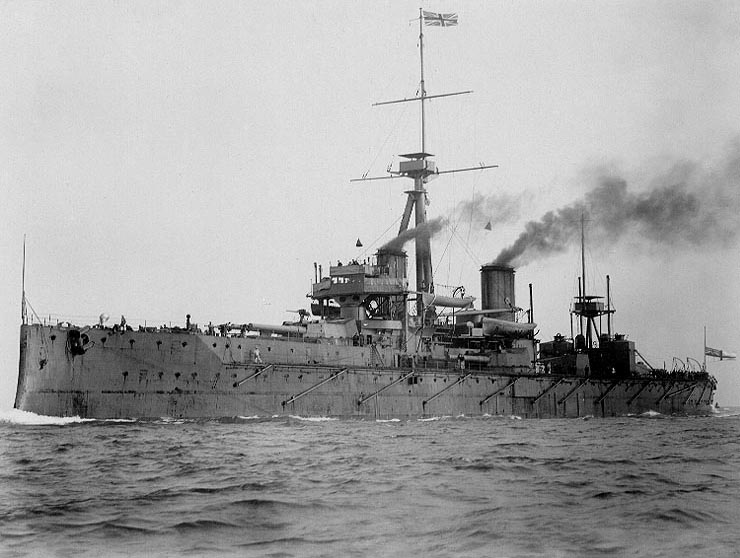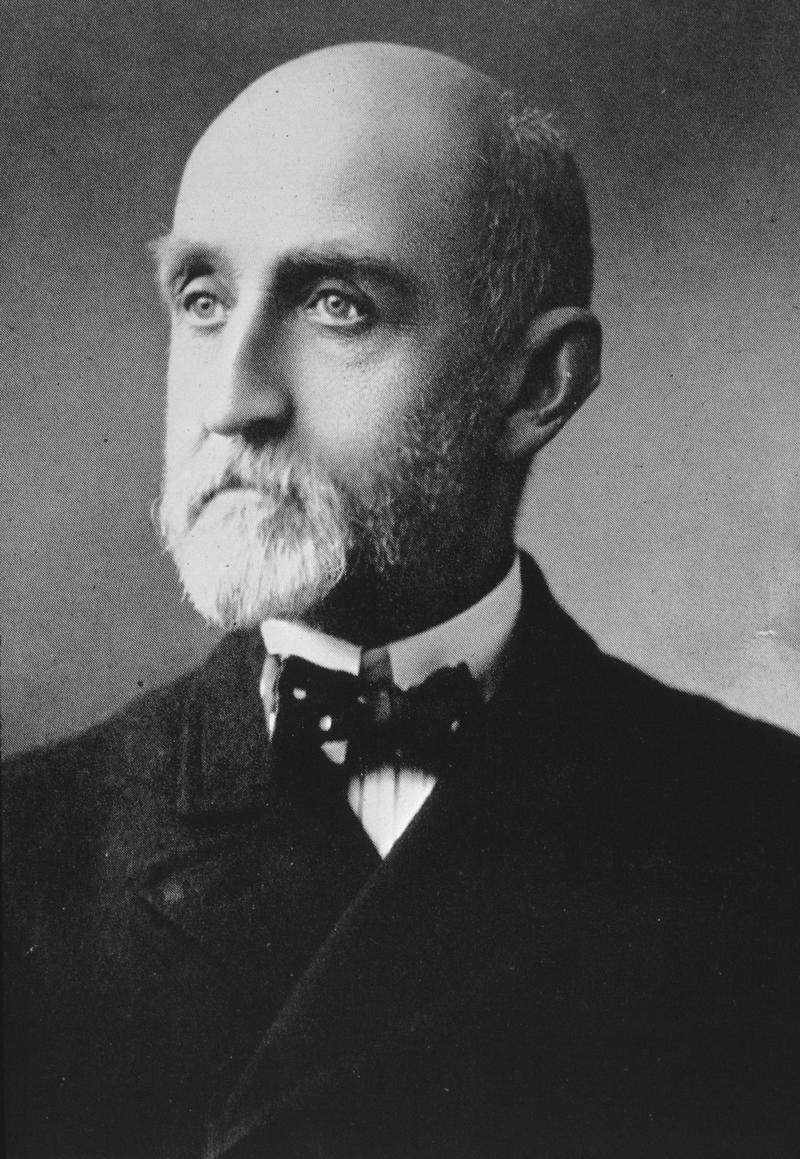|
Navy League (Germany)
The Navy League or Fleet Association (german: Deutscher Flottenverein) in Imperial Germany was an interest group formed on April 30, 1898 on initiative of Admiral Alfred von Tirpitz through the German Imperial Naval Office (''Reichsmarineamt'') which he headed (1897–1916) to support the expansion of the Imperial German Navy ''(Kaiserliche Marine)''. Specifically it was intended to develop popular pressure on the German parliament ( Reichstag) to approve the Fleet Acts of 1898 and 1900, and the attendant expenses. Background The unification of Germany under Prussian leadership in 1871 was the defining point for the desire of German nationalists to have a great, world class navy. The newly created emperor, Wilhelm I, as king of Prussia, was head of state of the strongest state forming part of the new empire. His Prussian Navy had become the navy of the North German Confederation in 1867, and now became the Imperial German Navy. The Prussian Navy and that of the North German Conf ... [...More Info...] [...Related Items...] OR: [Wikipedia] [Google] [Baidu] |
Bundesarchiv Bild 134-C1743, Alfred Von Tirpitz
The German Federal Archives or Bundesarchiv (BArch) (german: Bundesarchiv) are the National Archives of Germany. They were established at the current location in Koblenz in 1952. They are subordinated to the Federal Commissioner for Culture and the Media ( Claudia Roth since 2021) under the German Chancellery, and before 1998, to the Federal Ministry of the Interior. On 6 December 2008, the Archives donated 100,000 photos to the public, by making them accessible via Wikimedia Commons. History The federal archive for institutions and authorities in Germany, the first precursor to the present-day Federal Archives, was established in Potsdam, Brandenburg in 1919, a later date than in other European countries. This national archive documented German government dating from the founding of the North German Confederation in 1867. It also included material from the older German Confederation and the Imperial Chamber Court. The oldest documents in this collection dated back to the year ... [...More Info...] [...Related Items...] OR: [Wikipedia] [Google] [Baidu] |
Otto Von Bismarck
Otto, Prince of Bismarck, Count of Bismarck-Schönhausen, Duke of Lauenburg (, ; 1 April 1815 – 30 July 1898), born Otto Eduard Leopold von Bismarck, was a conservative German statesman and diplomat. From his origins in the upper class of Junker landowners, Bismarck rose rapidly in Prussian politics, and from 1862 to 1890 he was the Minister President of Prussia, minister president and List of foreign ministers of Prussia, foreign minister of Prussia. Before his rise to the Executive (government), executive, he was the Prussian ambassador to Russian Empire, Russia and Second French Empire, France and served in both houses of the Landtag of Prussia, Prussian Parliament. He masterminded the unification of Germany in 1871 and served as the first Chancellor of Germany#Under the Emperor (1871–1918), Chancellor of the German Empire until 1890, in which capacity he dominated European affairs. He had served as the chancellor of the North German Confederation from 1867 to 1871, alon ... [...More Info...] [...Related Items...] OR: [Wikipedia] [Google] [Baidu] |
Dreadnought
The dreadnought (alternatively spelled dreadnaught) was the predominant type of battleship in the early 20th century. The first of the kind, the Royal Navy's , had such an impact when launched in 1906 that similar battleships built after her were referred to as "dreadnoughts", and earlier battleships became known as pre-dreadnoughts. Her design had two revolutionary features: an "all-big-gun" armament scheme, with an unprecedented number of heavy-calibre guns, and steam turbine propulsion. As dreadnoughts became a crucial symbol of national power, the arrival of these new warships renewed the naval arms race between the United Kingdom and Germany. Dreadnought races sprang up around the world, including in South America, lasting up to the beginning of World War I. Successive designs increased rapidly in size and made use of improvements in armament, armour and propulsion throughout the dreadnought era. Within five years, new battleships outclassed ''Dreadnought'' herself. Th ... [...More Info...] [...Related Items...] OR: [Wikipedia] [Google] [Baidu] |
Krupp
The Krupp family (see pronunciation), a prominent 400-year-old German dynasty from Essen, is notable for its production of steel, artillery, ammunition and other armaments. The family business, known as Friedrich Krupp AG (Friedrich Krupp AG Hoesch-Krupp after acquiring Hoesch AG in 1991 and lasting until 1999), was the largest company in Europe at the beginning of the 20th century, and was the premier weapons manufacturer for Germany in both world wars. Starting from the Thirty Years' War until the end of the Second World War, it produced battleships, U-boats, tanks, howitzers, guns, utilities, and hundreds of other commodities. The dynasty began in 1587 when trader Arndt Krupp moved to Essen and joined the merchants' guild. He bought and sold real estate, and became one of the city's richest men. His descendants produced small guns during the Thirty Years' War and eventually acquired fulling mills, coal mines and an iron forge. During the Napoleonic Wars, Friedrich Kr ... [...More Info...] [...Related Items...] OR: [Wikipedia] [Google] [Baidu] |
World War I
World War I (28 July 1914 11 November 1918), often abbreviated as WWI, was one of the deadliest global conflicts in history. Belligerents included much of Europe, the Russian Empire, the United States, and the Ottoman Empire, with fighting occurring throughout Europe, the Middle East, Africa, the Pacific, and parts of Asia. An estimated 9 million soldiers were killed in combat, plus another 23 million wounded, while 5 million civilians died as a result of military action, hunger, and disease. Millions more died in genocides within the Ottoman Empire and in the 1918 influenza pandemic, which was exacerbated by the movement of combatants during the war. Prior to 1914, the European great powers were divided between the Triple Entente (comprising France, Russia, and Britain) and the Triple Alliance (containing Germany, Austria-Hungary, and Italy). Tensions in the Balkans came to a head on 28 June 1914, following the assassination of Archduke Franz Ferdin ... [...More Info...] [...Related Items...] OR: [Wikipedia] [Google] [Baidu] |
Sailor Suit
A sailor suit is a uniform traditionally worn by enlisted seamen in a navy or other governmental sea services. It later developed into a popular clothing style for children, especially as dress clothes. Origins and history In the Royal Navy, the sailor suit, also called naval rig, is known as Number One dress and is worn by able rates and leading hands. It is primarily ceremonial, although it dates from the old working rig of Royal Navy sailors which has continuously evolved since its first introduction in 1857. Versions have been adopted by many navies from around the world. The flap collar is perhaps the most recognizable item of the sailor suit. It is often considered lucky to touch a sailor's collar. The bell-bottomed trousers were designed so that they could be rolled up easily when scrubbing the decks. As children's clothing In 1846, the four-year-old Albert Edward, Prince of Wales was given a scaled-down version of the uniform worn by ratings on the Royal Yacht. He ... [...More Info...] [...Related Items...] OR: [Wikipedia] [Google] [Baidu] |
Social Democratic Party Of Germany
The Social Democratic Party of Germany (german: Sozialdemokratische Partei Deutschlands, ; SPD, ) is a centre-left social democratic political party in Germany. It is one of the major parties of contemporary Germany. Saskia Esken has been the party's leader since the 2019 leadership election together with Lars Klingbeil, who joined her in December 2021. After Olaf Scholz was elected chancellor in 2021 the SPD became the leading party of the federal government, which the SPD formed with the Greens and the Free Democratic Party, after the 2021 federal election. The SPD is a member of 11 of the 16 German state governments and is a leading partner in seven of them. The SPD was established in 1863. It was one of the earliest Marxist-influenced parties in the world. From the 1890s through the early 20th century, the SPD was Europe's largest Marxist party, and the most popular political party in Germany. During the First World War, the party split between a pro-war mainstream ... [...More Info...] [...Related Items...] OR: [Wikipedia] [Google] [Baidu] |
Bernhard Von Bülow
Bernhard Heinrich Karl Martin, Prince of Bülow (german: Bernhard Heinrich Karl Martin Fürst von Bülow ; 3 May 1849 – 28 October 1929) was a German statesman who served as the foreign minister for three years and then as the chancellor of the German Empire from 1900 to 1909. A fervent supporter of ''Weltpolitik'', Bülow single-mindedly devoted his chancellorship to making Germany a leading power on the world stage. Despite presiding over sustained economic growth and technological advancement within his country, his government's foreign policy did much to antagonize the international community and significantly contributed to the outbreak of the First World War. Early life He was born at Klein-Flottbeck, Holstein (now part of Altona, Hamburg). His father, Bernhard Ernst von Bülow, was a Danish and German statesman and member of an old House of Bülow, while his mother was a wealthy heiress, Louise Victorine Rücker (1821-1894). His brother, Major-General Karl Ulrich von ... [...More Info...] [...Related Items...] OR: [Wikipedia] [Google] [Baidu] |
Royal Navy
The Royal Navy (RN) is the United Kingdom's naval warfare force. Although warships were used by English and Scottish kings from the early medieval period, the first major maritime engagements were fought in the Hundred Years' War against France. The modern Royal Navy traces its origins to the early 16th century; the oldest of the UK's armed services, it is consequently known as the Senior Service. From the middle decades of the 17th century, and through the 18th century, the Royal Navy vied with the Dutch Navy and later with the French Navy for maritime supremacy. From the mid 18th century, it was the world's most powerful navy until the Second World War. The Royal Navy played a key part in establishing and defending the British Empire, and four Imperial fortress colonies and a string of imperial bases and coaling stations secured the Royal Navy's ability to assert naval superiority globally. Owing to this historical prominence, it is common, even among non-Britons, to ref ... [...More Info...] [...Related Items...] OR: [Wikipedia] [Google] [Baidu] |
The Influence Of Sea Power Upon History
''The Influence of Sea Power upon History: 1660–1783'' is a history of naval warfare published in 1890 by the American naval officer and historian Alfred Thayer Mahan. It details the role of sea power during the seventeenth and eighteenth centuries, and discussed the various factors needed to support and achieve sea power, with emphasis on having the largest and most powerful fleet. Scholars considered it the single most influential book in naval strategy. Its policies were quickly adopted by most major navies, ultimately leading to the World War I naval arms race. It is also cited as one of the contributing factors of the United States becoming a great power. Overview Mahan formulated his concept of sea power while reading a history book in Lima, Peru, after having observed the final stages of the War of the Pacific, in which Chile decisively defeated an alliance of Peru and Bolivia after seizing naval superiority. The book was published by Mahan while president of the US Na ... [...More Info...] [...Related Items...] OR: [Wikipedia] [Google] [Baidu] |
Alfred Thayer Mahan
Alfred Thayer Mahan (; September 27, 1840 – December 1, 1914) was a United States naval officer and historian, whom John Keegan called "the most important American strategist of the nineteenth century." His book '' The Influence of Sea Power Upon History, 1660–1783'' (1890) won immediate recognition, especially in Europe, and with its successor, ''The Influence of Sea Power Upon the French Revolution and Empire, 1793–1812'' (1892), made him world-famous and perhaps the most influential American author of the nineteenth century. Early life Mahan was born on September 27, 1840, at West Point, New York, to Dennis Hart Mahan (a professor at the United States Military Academy) and Mary Helena Okill Mahan (1815–1893), daughter of John Okill and Mary Jay (daughter of Sir James Jay). Mahan's middle name honors "the father of West Point", Sylvanus Thayer. Mahan attended Saint James School, an Episcopal college preparatory academy in western Maryland. He then studied at Columb ... [...More Info...] [...Related Items...] OR: [Wikipedia] [Google] [Baidu] |
Reichsmarineamt
The Imperial Naval Office (german: Reichsmarineamt) was a government agency of the German Empire. It was established in April 1889, when the German Imperial Admiralty was abolished and its duties divided among three new entities: the Imperial Naval High Command (''Kaiserliches Oberkommando der Marine''), the Imperial Naval Cabinet (''Kaiserliches Marinekabinett'') and the Imperial Naval Office performing the functions of a ministry for the Imperial German Navy. Structure and tasks According to the 1871 Constitution of the German Empire, the federal states were responsible for the German land forces and the imperial government for the navy. So while there were Prussian, Bavarian, Saxon and Württemberg armies, there was a single Imperial Navy, the only formation under the direct authority of the German Reich beside the colonial ''Schutztruppe'' forces. The head of the Naval Office was a Secretary of State who reported directly to the Imperial Chancellor (''Reichskanzler''). W ... [...More Info...] [...Related Items...] OR: [Wikipedia] [Google] [Baidu] |






.png)
